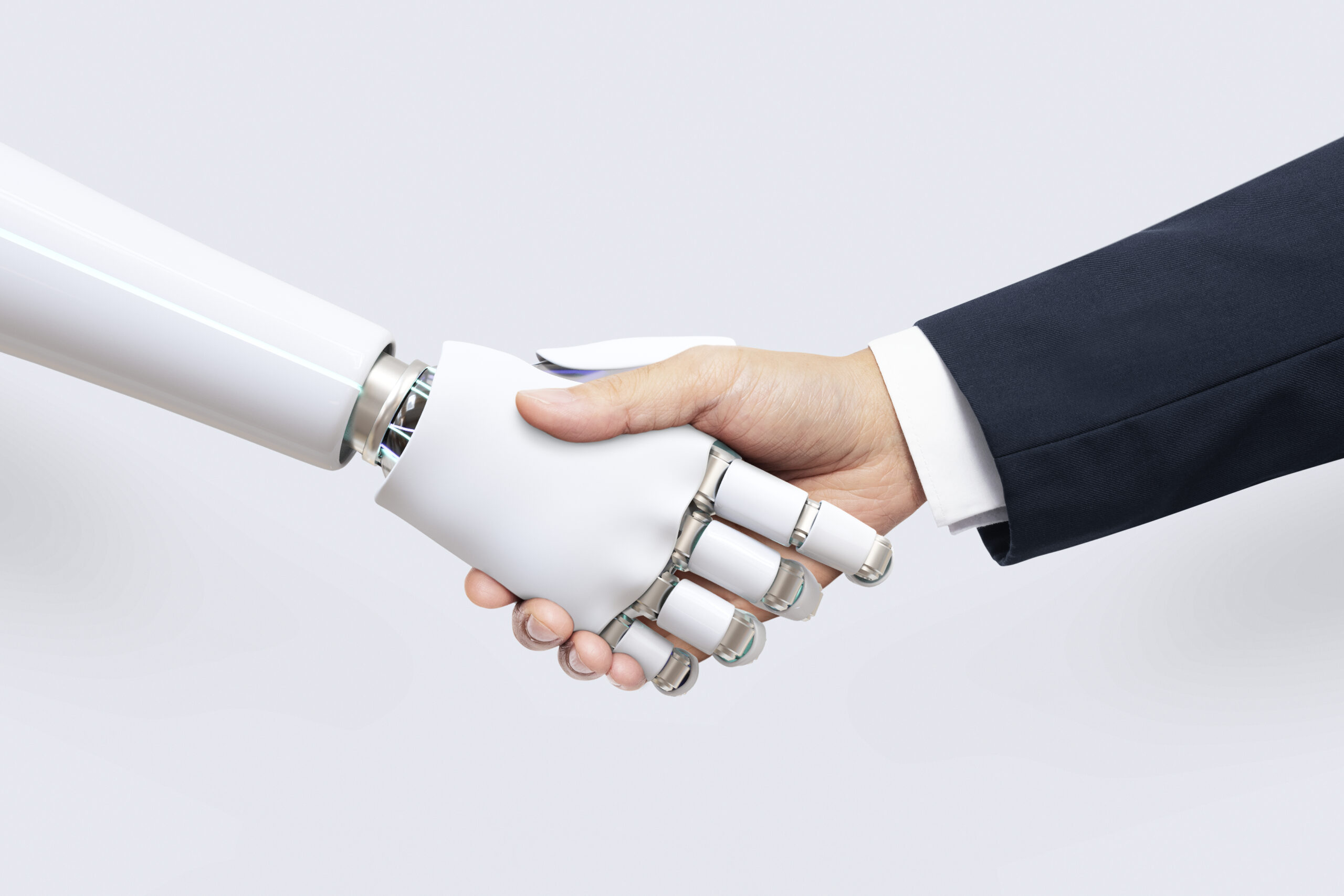Artificial Intelligence (AI) has become a transformative force, reshaping industries, revolutionizing decision-making, and streamlining operations. However, its rapid growth brings challenges such as bias, lack of transparency, and ethical dilemmas. Enter Responsible AI—an approach that ensures AI systems are designed and used ethically, transparently, and inclusively, addressing societal and technological concerns.
This blog explores how Responsible AI is shaping the future of technology, driving innovation while prioritizing ethics and accountability.
1. What is Responsible AI?
Responsible AI involves creating and implementing AI systems that align with ethical principles, emphasize fairness, and ensure transparency. It focuses on minimizing bias, ensuring data privacy, and fostering trust among users. Key principles of Responsible AI include:
Fairness: Eliminating biases in AI algorithms.
Transparency: Making AI decisions explainable and understandable.
Accountability: Ensuring human oversight and responsibility in AI usage.
Inclusivity: Designing AI to serve diverse communities equitably.
2. Why Does Responsible AI Matter?
As AI becomes embedded in everyday life, its decisions significantly influence critical areas such as healthcare, hiring, education, and governance. Without Responsible AI, such systems may reinforce inequality, magnify biases, and undermine trust.
Ethical Challenges Addressed by Responsible AI:
- Bias in AI Models: Unchecked algorithms can reflect societal biases, leading to unfair outcomes.
- Data Privacy Concerns: AI relies on vast amounts of data, making privacy safeguards essential.
- Lack of Transparency: Black-box models make decision-making processes opaque, causing mistrust.
Responsible AI mitigates these challenges, fostering innovation while protecting user rights.
3. The Impact of Responsible AI on Key Industries
- Healthcare: Responsible AI is revolutionizing healthcare by facilitating precise diagnoses, tailored treatments, and optimized resource utilization. Ethical AI ensures patient data privacy and unbiased medical decisions, paving the way for equitable healthcare access.
- Finance: AI-driven tools are revolutionizing financial services, from fraud detection to personalized banking. Responsible AI ensures fairness in credit scoring and compliance with regulatory frameworks, reducing risks and enhancing trust.
- Retail: In retail, AI enhances customer experiences through personalized recommendations and predictive analytics. Responsible AI ensures these systems respect user privacy while maintaining transparency in recommendations.
- Manufacturing: AI optimizes supply chains and automates operations in manufacturing. Responsible AI ensures safe deployment of autonomous systems, minimizing risks and maximizing productivity.
4. Benefits of Embracing Responsible AI
- Builds Trust: Transparency and fairness foster user confidence in AI systems. Organizations leveraging Responsible AI are more likely to gain long-term customer loyalty.
- Mitigates Risks: Ethical guidelines prevent potential legal and reputational risks associated with biased or unsafe AI practices.
- Drives Innovation: Responsible AI opens avenues for sustainable and inclusive innovation, enabling organizations to explore new markets and opportunities.
- Aligns with Regulations: With evolving AI regulations worldwide, adopting Responsible AI ensures compliance with data protection and ethical standards.
5. How Kansoft Solutions Leads with Responsible AI
At Kansoft Solutions, we are committed to advancing Responsible AI that empowers businesses while addressing societal challenges. Our approach integrates ethical AI practices into every solution, ensuring fairness, transparency, and sustainability.
Our Focus Areas:
- Ethical Decision-Making: Developing AI systems free from bias.
- Data Privacy: Prioritizing secure handling of sensitive information.
- Explainable AI: Ensuring decisions are transparent and understandable.
- Sustainability: Innovating responsibly to support long-term societal benefits.
By embedding these principles, Kansoft Solutions enables organizations to harness AI responsibly, driving impactful change.
6. The Road Ahead: Responsible AI and the Future
As AI continues to evolve, its integration with emerging technologies like IoT, blockchain, and quantum computing will amplify its potential. The future of technology hinges on ensuring these advancements are developed responsibly, prioritizing human values and ethical considerations.
Emerging Trends in Responsible AI:
- AI Governance: Establishing frameworks for accountability in AI systems.
- Human-centered AI focuses on creating systems that enhance human abilities rather than substituting them.
- Collaboration: Encouraging cross-industry partnerships to set ethical AI standards.
By embracing these trends, businesses can ensure AI becomes a force for good, driving progress without compromising ethics.
7. Conclusion
Responsible AI represents more than a technological advancement; it is a commitment to societal well-being.It ensures that AI’s transformative power benefits everyone equitably, without sacrificing ethical standards. Organizations that prioritize Responsible AI are poised to lead the future of technology, fostering trust, innovation, and inclusivity.
At Kansoft Solutions, we believe in creating AI systems that are not only intelligent but also accountable. Together, let’s shape a future where technology serves humanity responsibly.


